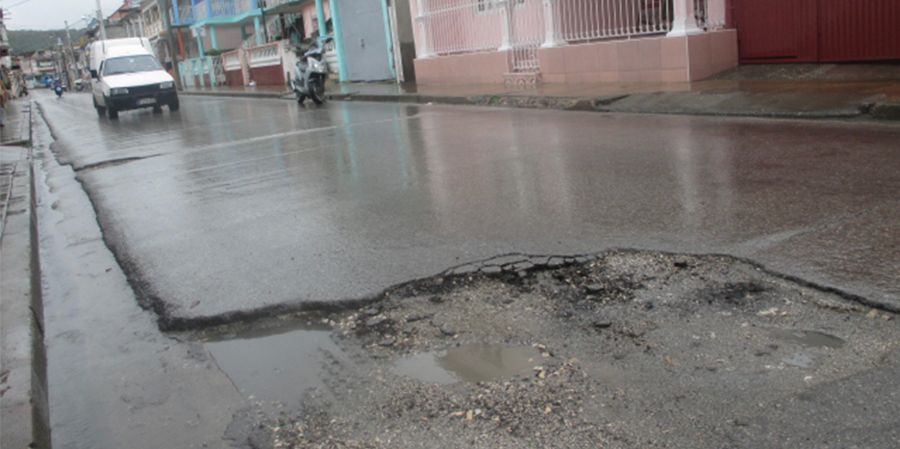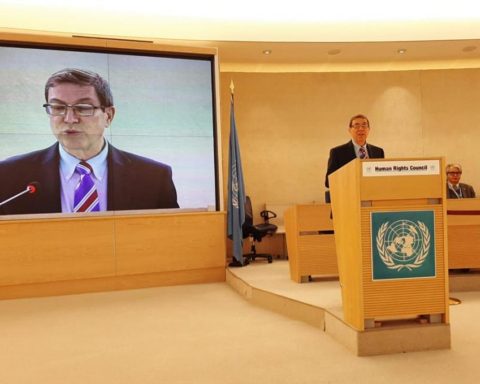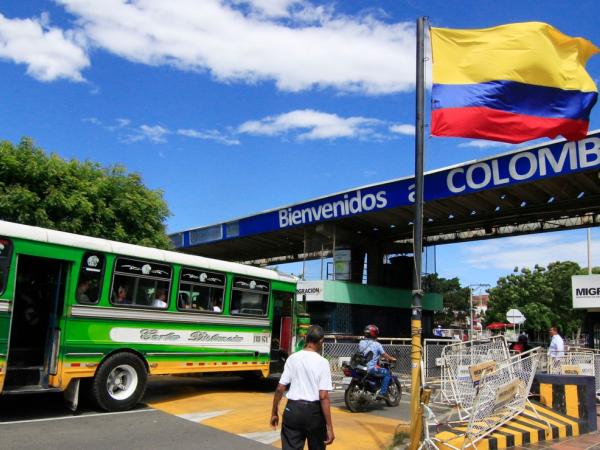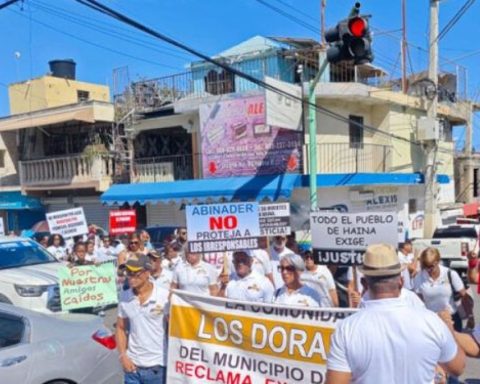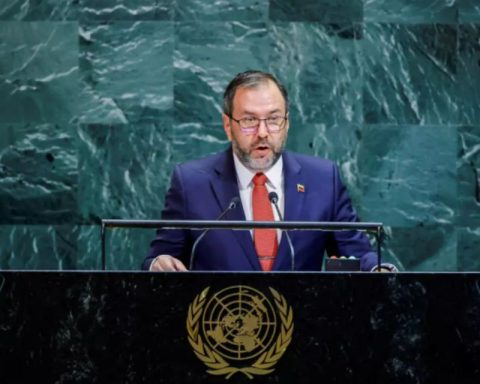HOLGUIN, Cuba. – Eduardo Rodriguez Davila, Minister of Transport Since 2019, he has demonstrated a remarkable ability to evade responsibilities. During his five years at the head of the portfolio, the official has not managed to minimally reverse the deterioration of the road infrastructure. Instead of facing this reality with effective actions, he recycles excuses year after year, like a broken record.
Recently, on his Facebook profile, Rodríguez Dávila published statistics presented at the most recent session of the National Assembly, which confirm the obvious: his administration is a complete failure.
According to its own data, the state of roads in Cuba remains deplorable, and contributes significantly to traffic accidents and deaths.
The situation is so critical that even Colonel Roberto Rodríguez Fernández, head of the Specialized Traffic Body of the General Directorate of the National Revolutionary Police (PNR), admitted last July that “the state of the roads complicates road safety.”
In a country where poor road conditions are one of the main causes of fatal accidents, the negligence of the Ministry of Transport (MITRANS) borders on criminal.
Although the degradation of transport infrastructure is a chronic problem in Cuba, Rodríguez Dávila’s failure to implement effective solutions has only worsened the situation.
To understand the magnitude of the failure of his management, it is enough to examine the devastating results of the Road Recovery Program that were presented at the last session of the National AssemblyAccording to the minister himself, despite the efforts made, “the progress of the program (…) at the end of the first half of this year is low and the deterioration of the country’s road network has not been halted.”
It is no surprise to anyone that the main causes of this debacle, as the minister himself details, are the insufficient organization and management of the budget in national currency for the maintenance and repair of roads, quality problems in road repairs, lack of discipline and organization in the interventions of network operators, poor execution of the plan for the year until May 2024 and delays in the placement of hot asphalt mix.
But these problems, repeated year after year, did not arise out of nowhere; they are the direct product of ineffective management.
Touted with great fanfare, the MITRANS road reclamation programme was supposed to halt the deterioration of the country’s main roads. However, problems such as inefficiency, bureaucracy, ineptitude, diversion of resources and other ills not only persist, but have worsened.

The Ministry’s own figures are revealing. Despite having 25 plants that produce asphalt hot mix (HAC) and cold asphalt (HAF), 12 are paralyzed due to failures. The execution of the annual placement plan for HAC and HAF is mediocre: 10.04% and 14.32%, respectively, until May 2024. In priority projects such as the Central Roadthe execution percentages are equally discouraging, at only 11%.
As for bridge repairs and other works, MITRANS faces significant delays. Major bridge repairs have not even begun due to lack of resources. Provincial and municipal roads show a ridiculous 10.5% completion rate in patching and no progress in laying hot mix asphalt. Even roads of specific interest, crucial for sectors such as agriculture and the sugar industry, show alarming delays in their repair plans.
But the problem is not only Rodríguez Dávila’s incompetence, but also the system that keeps him in power despite his obvious failure. The lack of accountability and the subordination of journalism (read propaganda) to public relations create an environment in which officials can fail repeatedly without facing consequences.

One might expect the official press to demand his immediate resignation. However, in an illogical twist, state media prefer to praise his “effort” and “dedication,” conveniently ignoring the facts.
It is time for us to demand more from authorities and institutions. Patience has its limits, and Cubans have long deserved, among other things, a safe road infrastructure. The departure of Rodríguez Dávila would be a good start, but real change requires systemic reform to eliminate the corruption, bureaucracy and incompetence that have paralyzed the country for decades. Until that happens, the state of Cuba’s roads will remain a sad metaphor for the future. a system in crisis.
OPINION ARTICLE
The opinions expressed in this article are the sole responsibility of the person issuing them and do not necessarily represent the opinion of CubaNet.
Follow our channel WhatsApp. Receive the information from CubaNet on your cell phone through Telegram.
